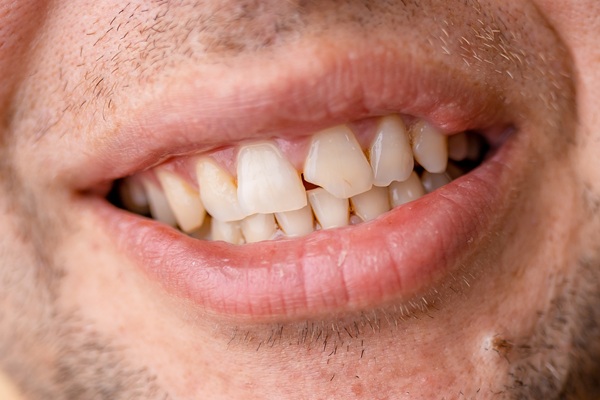 Dental crowns are a valuable investment in your oral health and smile's appearance. Whether you have received crowns to restore damaged teeth or for cosmetic reasons, it is important to properly care for them to ensure they last a long time. Here are some essential tips to help maintain the longevity and aesthetics of your new dental crowns.
Dental crowns are a valuable investment in your oral health and smile's appearance. Whether you have received crowns to restore damaged teeth or for cosmetic reasons, it is important to properly care for them to ensure they last a long time. Here are some essential tips to help maintain the longevity and aesthetics of your new dental crowns.
Maintain good oral hygiene habits
Just like natural teeth, dental crowns require regular oral care. Brushing and flossing twice daily prevents plaque buildup and helps maintain healthy gums. Use non-abrasive toothpaste and a soft-bristle toothbrush to clean the crowns gently. Make sure to reach all areas around the crown, paying extra attention to the gum line.
Use non-abrasive dental products
Avoid using abrasive dental products, such as toothpaste with baking soda or charcoal, as they can wear down the surface of the crowns over time. Instead, choose a mild fluoride toothpaste and a soft-bristle toothbrush. In addition, consider using an antimicrobial mouthwash to help control bacteria growth in the mouth.
Attend regular dental check-ups
Schedule regular dental check-ups with a dentist. They can monitor the condition of the dental crowns and address any emerging issues early. Professional cleanings can also help maintain the gum's health and ensure the area around the crown remains free from plaque and tartar buildup.
Avoid chewing hard or sticky foods
While dental crowns are generally durable, they can still suffer from damage due to excessive hard or sticky foods. Avoid chewing on ice, hard candies, or using teeth to open items. In addition, be cautious when chewing stick foods like caramel or taffy since they can also put excessive stress on the crowns.
Wear a mouthguard for grinding
For those who have a habit of grinding their teeth, also known as bruxism, consider wearing a mouthguard at night. Grinding can put pressure on the dental crown, potentially increasing the risk of the crowns cracking or chipping over time. A custom-fit mouthguard can help protect both one's natural teeth and crowns from this excessive force.
Limit consumption of staining substances
Crowns consist of materials like porcelain, which are resistant to staining. However, excessive consumption of staining substances can discolor the crowns and ruin their appearance. Limit consumption of highly pigmented foods and beverages like coffee, red wine, and dark berries to maintain the dental crown's color. When consuming them, rinse the mouth or brush the teeth shortly afterward.
Do not use your teeth as tools
Using the teeth as tools, whether to open a package or crack a nut, can damage the new crown. This behavior can stress the crown excessively, causing it to chip or crack. Always use the appropriate tools for these tasks and leave teeth for eating and chewing.
Seek immediate attention for any issues
If you experience any discomfort, sensitivity, or changes in your dental crowns, it is important to seek immediate attention from a dentist. Early intervention can prevent more extensive issues and ensure they last as long as possible.
Call us for more information
Properly caring for and maintaining your new dental crowns helps keep them looking and functioning normally. By following the tips above, you can enjoy a beautiful, healthy smile for years. If you have any concerns or questions about your dental crowns, do not hesitate to call Lilburn Family Dentistry. Our team is here to provide you with the information and care you need to ensure your crowns last for a long time.
Request an appointment or call Lilburn Family Dentistry at 770-800-0178 for an appointment in our Lilburn office.
Recent Posts
Dental crowns are restorations that can address a range of dental issues, from severely damaged teeth to protecting a tooth after a root canal. They help preserve oral health and enhance a smile's appearance. In addition to being versatile, they are available in different materials, which can be helpful for individuals who want options.Dental crowns…
Dental crowns are a popular dental restoration, effectively preserving and enhancing the function of damaged or weakened teeth. These custom-made caps are designed to fit over the existing tooth, providing both structural support and improvements in your smile's appearance. However, not all dental crowns are created equal. The type of dental crown you choose can…
Your dentist can help determine if you need dental crowns. There are many reasons for getting these restorations. The main goal is always to restore the tooth and enhance its functions. Here are the signs you may need dental crowns soon.Losing at least one tooth can cause more dental problems. It can lead to dental…


